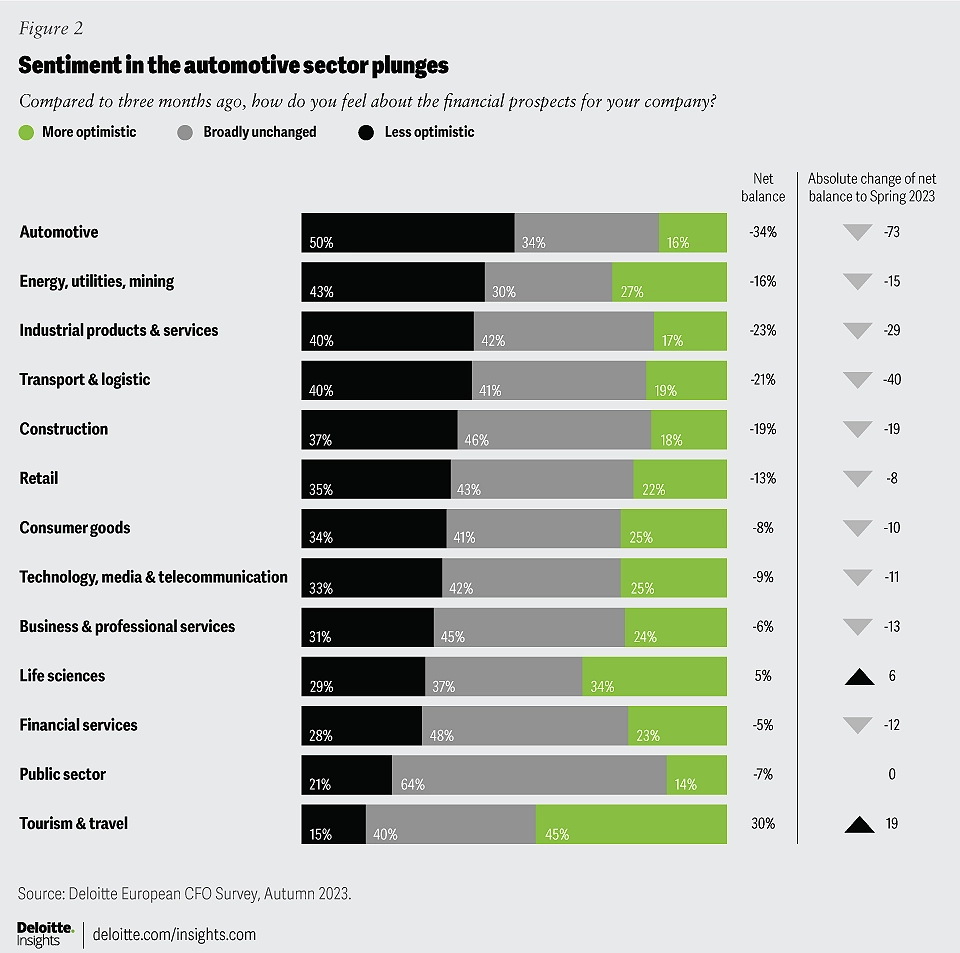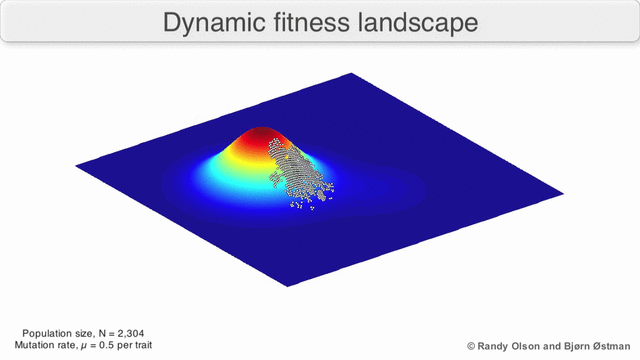Por cá, um texto destes esbarraria logo em três muralhas intransponíveis: ordens profissionais com poder quase feudal, interesses económicos solidamente instalados e uma cultura de saúde paternalista que ainda acha que o paciente é uma criança incapaz de decidir se toma ou não uma aspirina.
Nos EUA, discute-se abertamente o inevitável: pacientes a gerir a própria saúde com tecnologia, inteligência artificial e comunidades digitais. Em Portugal, isso ainda soa a heresia. O médico continua a ser visto como o único guardião da verdade revelada, e qualquer tentativa de democratizar dados de saúde parece uma afronta pessoal.
"Healthcare is fast becoming a do-it-yourself project for patients.With a shortage of doctors, long wait times for appointments and an increasing prevalence of chronic diseases such as diabetes earlier in adulthood, patients are taking a more active role in managing their own health.Similar to the way workers who once depended on employers to oversee their retirement pensions were handed the reins with 401(k) plans, patients are shouldering responsibility for diagnosing their own symptoms, tracking their own medical data and even ordering their own lab tests...."In the future, primary-care doctors could act more as expert consultants rather than paternalistic bosses to patients.""
É claro que isto não está isento de riscos: diagnósticos mal interpretados, gadgets sem validação clínica, dados expostos a seguradoras e empresas de tecnologia. Mas também abre portas a algo impensável no nosso sistema: pacientes informados, autónomos, a colaborar com os médicos como parceiros — em vez de subalternos na sala de espera.
Por cá, ainda vamos fingindo que o modelo aguenta. Mas a verdade é que, entre listas de espera intermináveis, falta de médicos e doentes crónicos a multiplicarem-se, esta autonomia não será uma escolha — será uma inevitabilidade.
No fim, talvez também nós descubramos que o maior perigo não é o paciente assumir o controlo, mas sim insistir no contrário.
Até lá, vamos varrendo para debaixo do tapete. Afinal, como sempre, só nos mexemos quando o sistema colapsar.

%2014.38.jpeg)
%2012.41.jpeg)
%2012.28.jpeg)
%2012.44.jpeg)


















%2006.21.jpeg)












